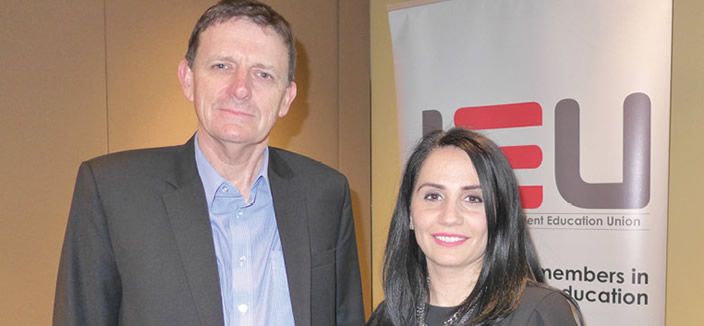
Growing up on the northern beaches of Sydney was not a difficult experience. Perhaps as a teenager I thought at times that the world was against me or that adults just didn’t understand. I may have disliked school at times or preferred my own company in the safety and seclusion of my home. Despite being sporadically grumpy, I always had food in the pantry, a loving family surrounding me, a roof over my head, and opportunities galore.
It isn’t until we start to experience the lives of others that we realise the position we have in the world is so often determined by sheer luck of circumstance. In Australia, for many people, luck is on our side thanks to mainly stable political and social structures (except perhaps for leadership positions), little corruption, national wealth that is shared to some extent through an economy that hasn’t gone backwards in over 25 years.
For about 60 million people (around 1% of the world’s total population), a typical middle class Australian lifestyle is sheer opulence, something not to be dreamt of too often lest reality come crashing, and crushing, over you when it becomes clear that lifestyle is out of reach.
For these 60 million displaced people, there is no guaranteed shelter, nor food, nor even a family or identity, for they have been forced to flee their country of origin for fear of persecution. Often at a moment’s notice, grabbing only what they can carry – which is sometimes young children, not supplies – they enter the uncertain and fearful world of the refugee.
On 17 May in Bankstown Sports Club, the Union hosted the Refugee Council of Australia with Paul Power, CEO of the Refugee Council and Deena Yako (pictured), one of the Council’s Face to Face speakers. The audience was active, asking many probing questions and participating fully in the interactive parts of the workshop.
Paul gave a detailed overview of the reality of policy and practice in the refugee space, including some quite alarming statistics around the current numbers of people who are refugees or seeking refugee status. He told stories of struggle and stories of success in the Australian context, where policies that are compassionate and supportive lead to excellent outcomes for many people. Paul also smashed some popular myths about the people behind the numbers and even the numbers themselves – both of which are manipulated by interest groups for their own purposes.
Deena’s story of survival was inspiring. Leaving her home country of Iraq as a nine year old for an uncertain future for four years in an Iranian refugee camp, where she did not receive formal schooling or any type of assurance of resettlement. Eventually she and her family arrived in Australia to make a new life for themselves and, like so many of those who join us, there was a period of struggle before success came along. Having no English, Deena began at an intensive English centre for three terms before being sent into a mainstream Australian school, eventually completing the HSC at the same time as the rest of her age cohort. This was five years after she began speaking the language for the first time. Amazing.
Deena said that she wished there were programs such as that run by the Refugee Council when she was at school so she could have felt proud “for a split second”. Paul reiterated this and articulated the Council’s vision that every school student has the opportunity to connect with a refugee experience such as Deena’s by the time they graduate.
The Union is proud to have partnered with the Refugee Council for this event. The next workshop will be held in Ultimo in August.
Matt Esterman Professional Officer
Ann-Maree McEwan Organiser







































































































































